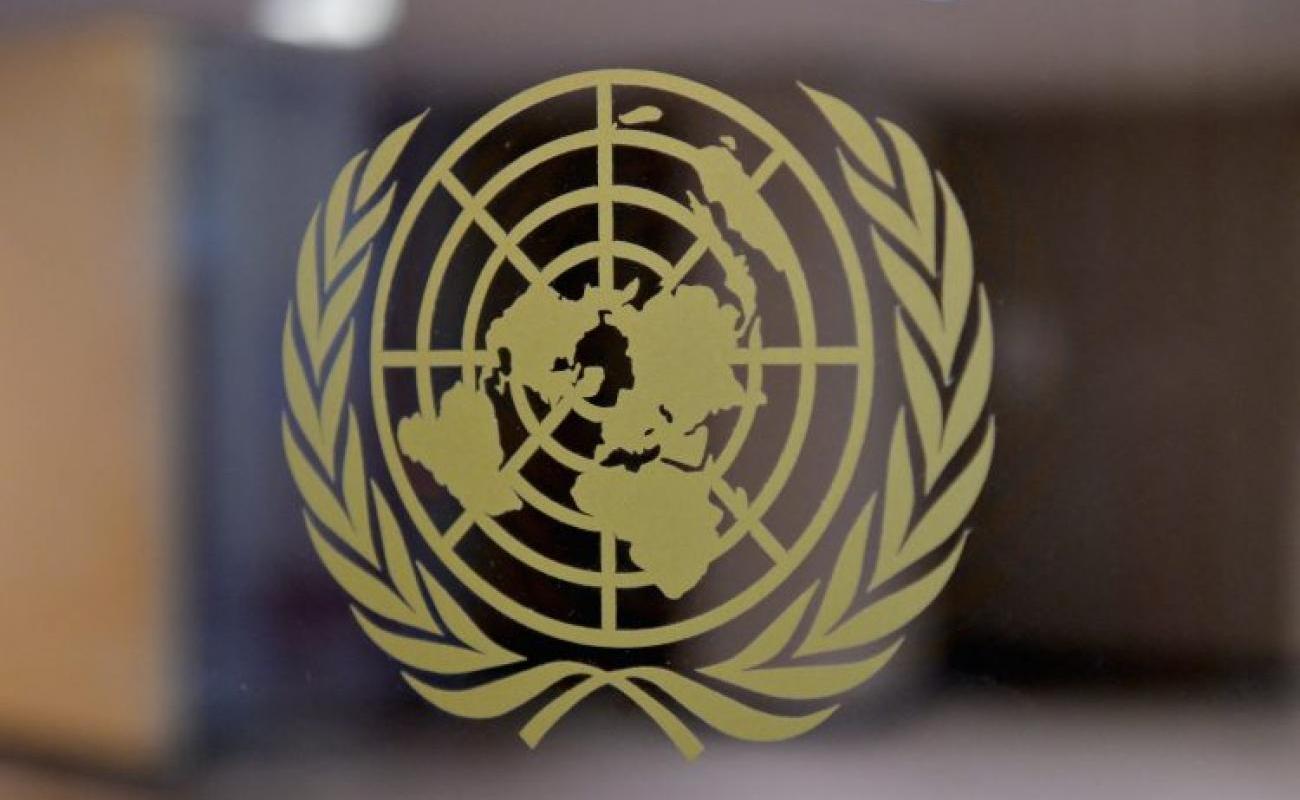UN Security Council rejects Russo-Chinese Resolution on abolition of OHR
With two votes in favour and 13 abstentions, the UN Security Council rejected a Resolution by Russia and China calling for the abolition of the Office of the High Representative in Bosnia and Herzegovina.

Russian representative Dmitri Polanski received this decision with regret and asked the Council not to take further destructive steps.
Prior to the vote, the Russian Representative noted that Russia takes its position as one of the Dayton Peace Agreement, which ended the 1992-1995 war in the country, guarantors and members of the Peace Implementation Council (PIC) seriously.
According to him, Russia is convinced that the stability and economic development of BiH is only possible if the principles of sovereignty, independence and equality of the three constituent peoples (Bosniaks, Serbs and Croats).
Polanski said that 25 years after the signing of the Dayton Agreement, the High Representative was supposed to have a stabilizing role. Instead, he argued the institution developed a web of power thanks to the Bonn powers, giving him the power to make unilateral decisions.
The post-Dayton situation, which Bosnia is in, is much more different than envisaged for the High Representative’s role, Polanski added.
Security Council’s support never required for the appointment of High Representative
Richard M. Mills, US Deputy Representative to the UN said that “the United States welcomes the Peace Implementation Council Steering Board’s (PIC SB) appointment of Christian Schmidt. However, the United States, along without partners in this Council will not support a text that undermines the Dayton Peace Agreement and decision made by the PIC SB and therefore, we abstained on this draft Resolution.”
He noted that all PIC SB members except Russia, agreed to appoint Christian Schmidt as High Representative and that the Board’s decisions do not require unanimity.
Mills also recalled that on June 3 the outgoing High Representative Valentin Inzko informed the UN Secretary-General of this appointment and the letter was sent to the President of the Security Council.
He also reaffirmed that Christian Schmidt will assume his position on August 1, emphasizing that there is no determined role of the UN Security Council for the appointment process and no requirement that the Council take action to confirm Mr Schmidt’s designation.
“The Security Council and the support from the Security Council has never been required to designate a High Representative,” Mills stressed.
He confirmed that the International Community concurs on the long term objective to close the OHR and that the conditions for this were laid out in 2008 in the ‘5+2 Agenda’ with support of the whole PIC SB, including Russia.
“These conditions have not yet been achieved. Urgent reforms for a stable BiH are still needed. Nationalistic rhetoric continues to divide the country, prohibiting real progress on reforms. In contradiction to the ‘5+2 Agenda’ that it had previously supported, Russia has for years expressed, including in the Council, that the office should be closed without delay,” US Deputy Representative to the UN concluded, noting that the said Resolution called for the closing of the OHR without fulfilling the conditions from the ‘5+2 Agenda’.
